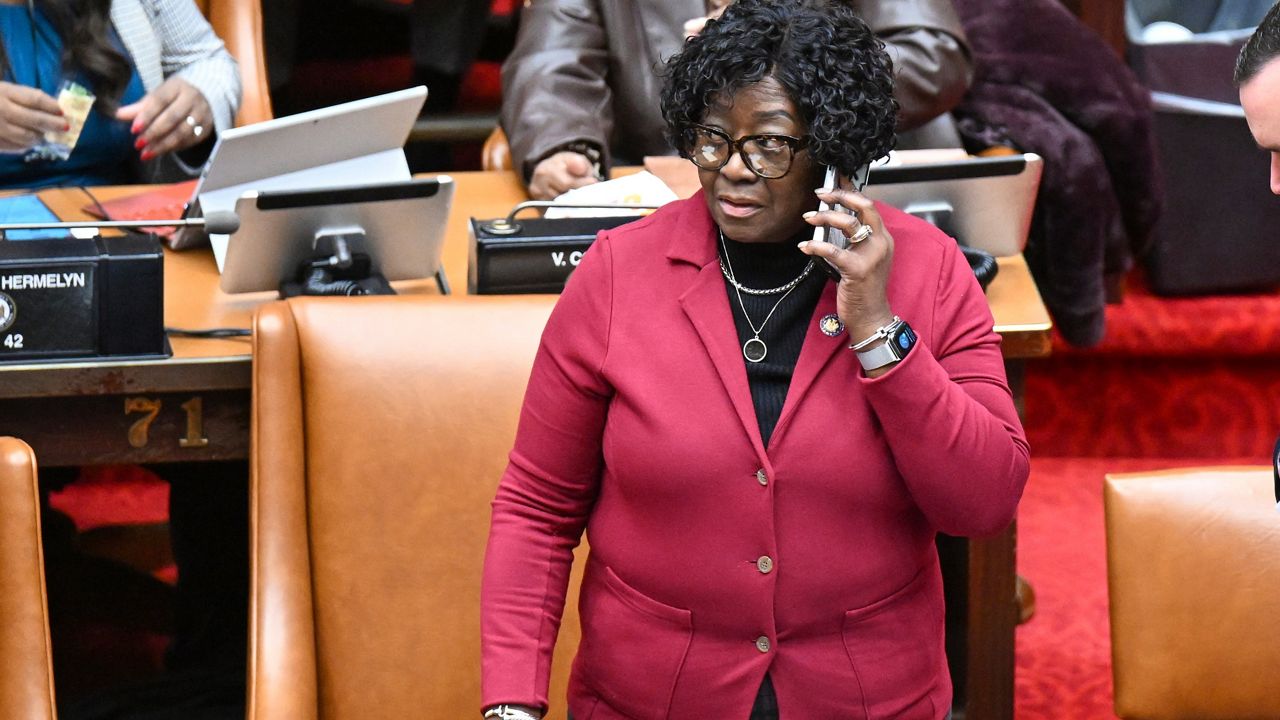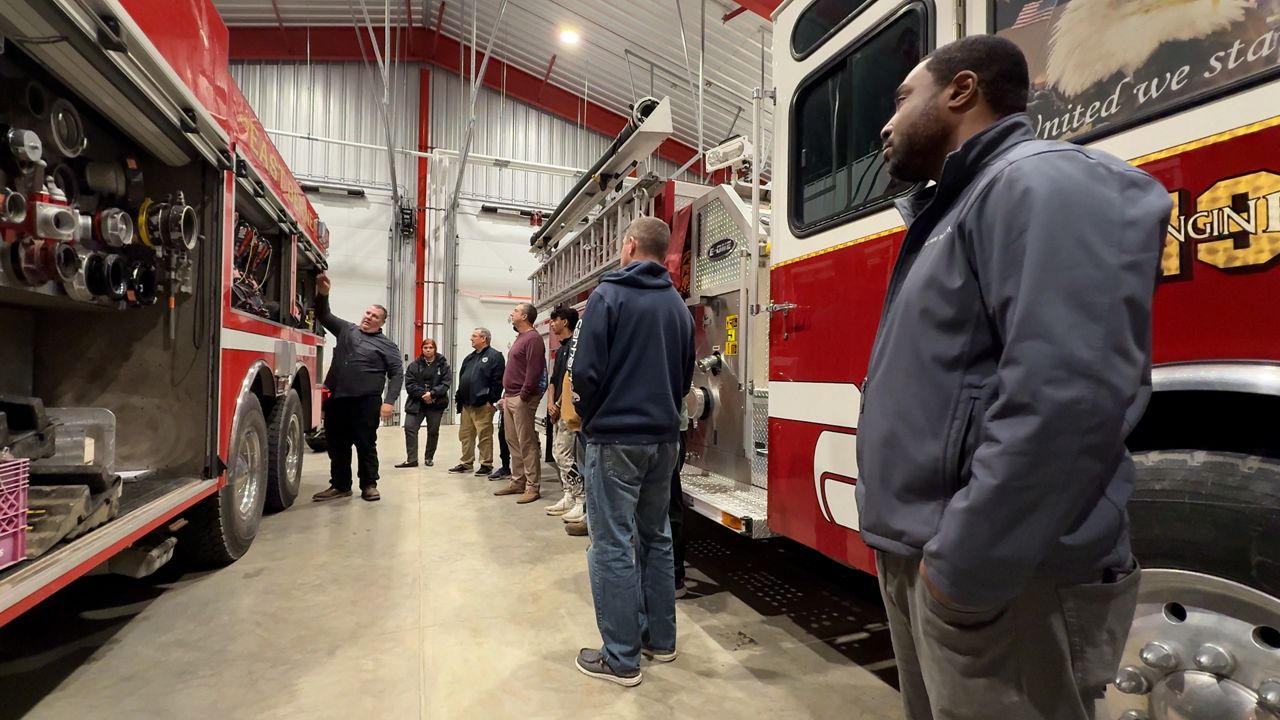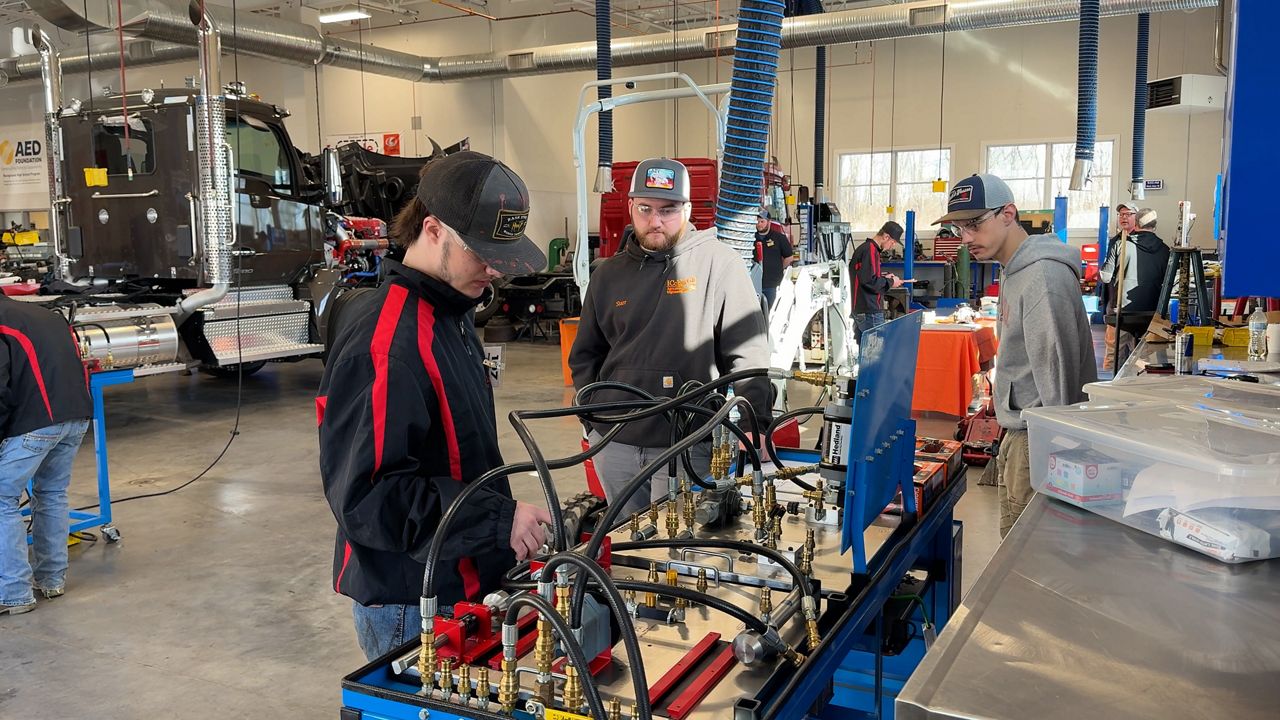According to the United States Department of Agriculture, households that included an adult with disabilities reported higher food insecurity rates than households with no adults with disabilities in 2021. One group of volunteers is working to help others that are struggling to put food on the table.
Tim Klofe loves spending his free time volunteering and helping others.
“I know I'm giving back to the community, and it will gladly give me some pride," Klofe said.
He volunteers at Meals on Wheels through Wildwood Programs, an organization that supports people with disabilities, like Klofe.
“So even if they're just putting bread into bags, it's just helping them overall understand that for the greater good, they are helping other people," said Nicole VanDenburgh, senior communications specialist at Wildwood Programs.
According to the European Journal of Public Health, people with both physical and mental disabilities had increased odds of severe food insecurity. Every additional disability was associated with 19% higher odds of food insecurity. Now, the group from Wildwood has their needs met, but they’re a part of this disproportionately affected group doing what they can to help others who might not be as fortunate as they are.
“They understand the jobs, they begin to understand what food insecurity is and how it affects people, while also learning social skills and improving their own lives," VanDenburgh said.
But they’re also helping themselves by improving their social skills.
“When they're out and delivering food, they actually get to see people face-to-face, and they make relationships with people," VanDenburgh said.












